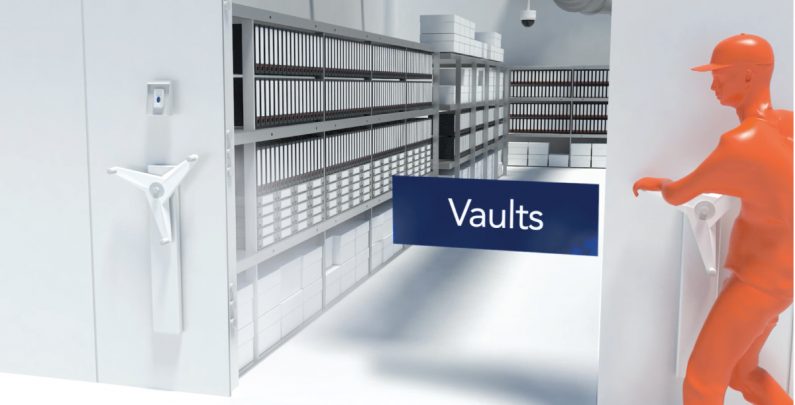
Why does your Organisation Need to Worry About Data Breaches?
The situation is referred to as a data breach when data is taken from a system without the owner’s knowledge or consent.
You may be thinking, will it affect the Organisation? Yes, it will!
Businesses suffer greatly as a result of data breaches. Numerous organisations remained unaware that their information had been compromised. By the time they did, it was always too late.
The impact of data breaches on companies may result in fines, legal action, reputation loss, and even the right to conduct business.
How Do Data Breaches Happen in Companies?
It is believed that an external hacker is to blame for the data leak, although this is not always the case.
Sometimes intentional internal attacks can be associated with reasons for data leakage. However, this may also happen due to a trivial human error or a flaw in the infrastructure of the Organization.
Here’s how a data breach can occur:
By Accidental View
For instance, if an employee accesses a co-worker’s computer and accidentally reads or views files without authorised permission.
Although the access may be unintentional, they might share no information. But because it was unauthorised access, the data will be considered breached.
By Malicious Insider
When an individual intentionally obtains, distributes, or uses data to damage any person or business.
Although a malevolent insider may have lawful permission to utilise the data, the data can be reported as breached if the intent is to exploit it for illicit purposes.
By Stolen Or Lost Devices
It is the most easily executed act for a data breach. The devices can be intentionally stolen, and the robber will easily access the data. Due to human or organisational flaws as well, the devices can be lost and result in a data breach.
By Malicious Outsider
These are hackers who collect information from a network or an individual using a variety of malicious activities.
7 Best Ways On How Companies Can Prevent Data Breaches
Prevention is always better. We’re sharing seven of the best ways to help prevent your data from malicious activities:
1. Hire An Expert
The best method to avoid a data breach in your Organisation is to collaborate with a security professional to manage it for you or advise you on best practices to help you avoid it.
To maintain the security of your company and the clients you serve, professionals employ the most effective PCI-compliant security and encryption techniques available in the market today.
2. Destroy Completely Before Disposal
Make sure anything that may contain sensitive information is properly destroyed before disposing of it.
For physical data, cross-cut or shred paper files. Use software to completely erase data from devices like outdated phones, computers, or hard drives for digital data. The data is partially erased by just removing the files or reformatting.
3. Maintain Security SoftwareUp-to-date
To avoid a security breach, you need to take the necessary measures. It is recommended to use licensed security softwares. There are many alternatives for automated security software on the market.
Firewalls, anti-virus software, and anti-spyware software are necessary to protect your company from data breaches. Work closely with the Internet security team or provider to set them up as appropriate.
4. Empower employees with the best methods and practices
Employees should be aware of websites that potentially put company systems at risk, such as file-sharing portals. The same applies to any mobile device people use at work.
You should encourage them to limit their use of work computers for business-related tasks and to leave other activities on their home computers, especially if they work remotely.
5. Keep Physical Data Secured
Physical acts have the possibility of resulting in data breaches. Thus it’s crucial to protect all data, even physical files.
Make sure that hardcopy records are kept in a safe area with access limited to the personnel who require it.
6. Protect Portable Devices
Mobile phones, tablets, flash drives, and other portable electronics are simple objects that are stolen or lost.
Make sure that portable devices are secured using difficult-to-guess passwords, anti-theft applications, and other security measures so that only authorised users can access them.
7. Data Recovery and Backup
Data breaches can sometimes result in the malicious deletion of your data. Your data should be regularly backed up so that you can quickly restore it in the event of data loss, server failure, or even a natural disaster.
Your IT team should regularly set up an automatic offsite backup solution to prevent you from losing crucial data.
Conclusion: Prevent Data Breaches With ZircoDATA
By assisting you in reporting a breach to the appropriate regulatory organisations, ZircoDATA’s Data Breach Reporting service eliminates the uncertainty and stress associated with addressing a breach and lowers the risk to your Organisation.
